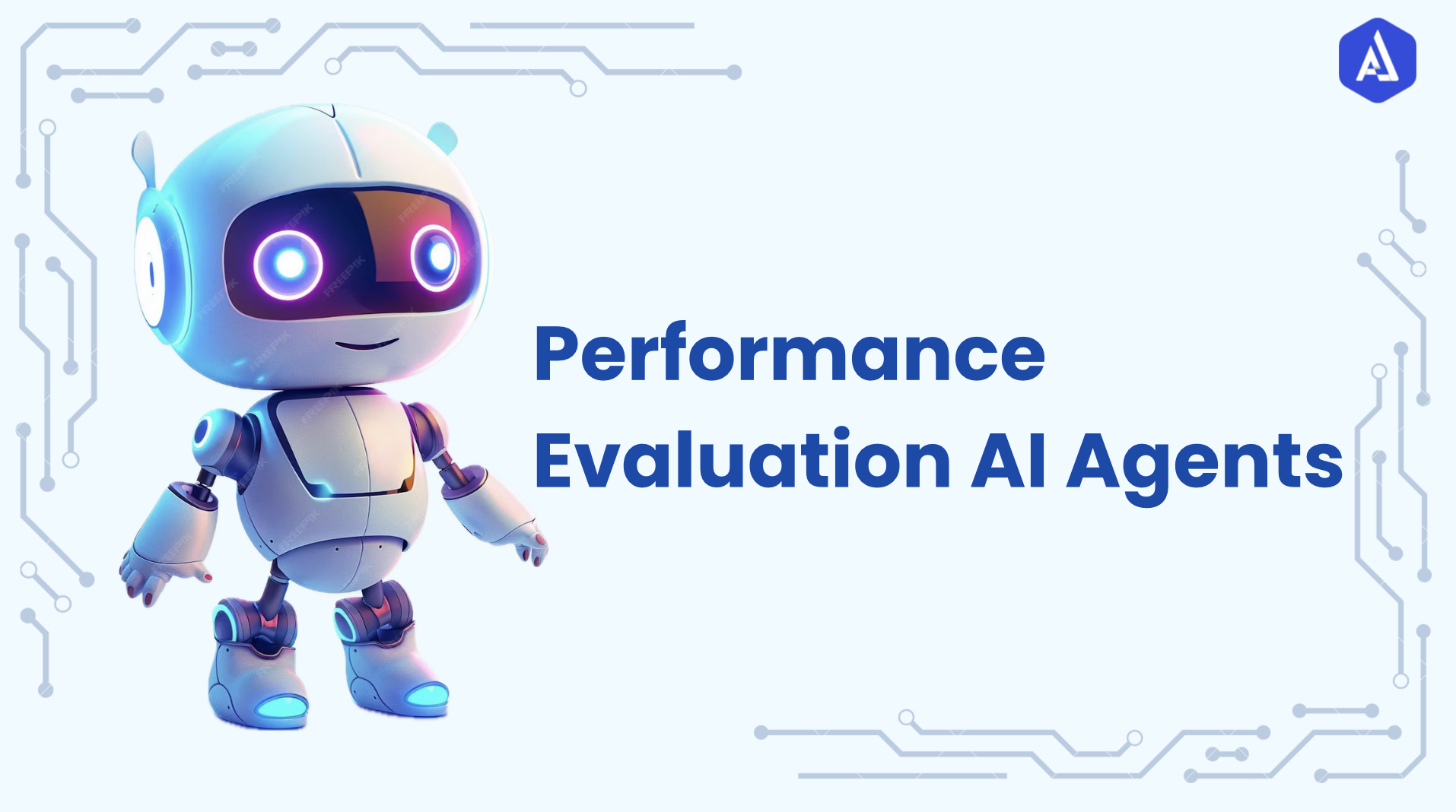RingCentral AI Agents are intelligent digital assistants designed to enhance communication and customer support within the RingCentral platform. By automating routine tasks and providing real-time assistance, these agents improve efficiency, streamline workflows, and elevate the overall customer experience.
Understanding Key Concepts: RingCentral AI Agents
RingCentral
RingCentral is one of the most advanced cloud communications platforms, offering a comprehensive suite of services that enhance business communication and collaboration. Its solutions include voice calling, video conferencing, messaging, and contact center services, enabling seamless interaction across multiple channels. By integrating these tools, RingCentral fosters improved teamwork and efficiency within organizations.
One of RingCentral’s key strengths is its integration capabilities, allowing businesses to connect with over 300 applications such as Salesforce and Microsoft 365. Additionally, its powerful analytics provide real-time insights, ensuring effective communication management tailored to the evolving needs of modern enterprises.
About RingCentral AI Agents
RingCentral AI Agents serve as intelligent virtual assistants, augmenting both customer service and internal communication processes. These AI-driven agents leverage natural language processing (NLP) to understand the context and nuances of conversations, enabling more personalized and efficient customer interactions.
Seamlessly integrated within the RingCentral ecosystem, AI Agents assist with tasks such as call handling, meeting scheduling, and data entry. By automating repetitive processes, they reduce the workload on human agents while ensuring consistency in communication. Over time, these AI Agents refine their performance through continuous learning, making business interactions more precise and effective.
Use Cases for RingCentral AI Agents
RingCentral AI Agents are versatile and can be utilized across various industries. Here are some key use cases:
-
Healthcare: Patient Support Systems
In healthcare, Call centers using RingCentral AI Agents answer patient inquiries concerning appointments and prescriptions renewals. They work at any time and help to assist patients since it serves as a health helper that helps facilitate patient-doctor relations.
-
Financial Services: Client Management
In finance, such agents are helpful in answer to frequently asked questions or those regarding account management, or the status of certain transactions. Clients can track communication through their profile and the information is personalized, which relieves the financial advisors to concentrate on the strategies rather than the manual work.
-
E-commerce: Customer Engagement
For e-commerce companies, RingCentral’s AI Agents reply to often-asked questions about order status and the products themselves. The use of self-service technology in the shopping mall increases response rates while also enriching the shopping experience.
-
Education: Student Support Services
In learning institutions, agents assist students with course-related questions that may include admissions, timetables, and other organizational services. This also means that students in urgent need of assistance receive help within a short time while staff focus on more difficult cases.
-
Retail: Sales Assistance
In retail environments, the RingCentral AI Agents help sales teams handle many customer queries during lunch hours. They assist the organization by responding to several questions at the same time, and this does not affect the quality of service to be provided.
-
Contact Center Efficiency
In specific contact centers, RingCentral AI Agents help boost the performance of a particular agent during a customer’s engagement. They are contextual and incorporate info from company resources thereby offering more correct and timely solutions.
These use cases demonstrate how RingCentral AI Agents do not just automate work but enhance decision-making, better customer experiences, and new levels of productivity in sectors. Organizations find that, as they start adopting digital assistants, there is an efficiency and satisfaction gain.
Benefits and Values of RingCentral AI Agents
What would be used before RingCentral AI Agents?
Before the invention of RingCentral AI Agents, management of customer inquiry processes within organizations relied upon support teams, which worked through every query that needed answering. This always had an inefficient outcome where several tools for information competed to share a space while similar questions kept popping up from various customers. Even worse, linear scaling might cost businesses more in operating functions with inconsistencies in their levels of service quality.
What are the benefits of RingCentral AI Agents?
The integration of RingCentral AI Agents offers numerous advantages that significantly enhance communication and customer support:
-
Efficiency Gains: These agents automate routine tasks such as call logging and meeting scheduling, freeing up human agents to focus on higher-value work. This leads to substantial time savings—studies show agents can save an average of 5.8 minutes per call, translating to a 35% reduction in after-call work.
-
24/7 Availability: With RingCentral AI Agents available around the clock, businesses can provide instant support, dramatically reducing wait times and improving customer satisfaction.
-
Consistency and Accuracy: By leveraging extensive knowledge bases, RingCentral AI Agents deliver accurate and consistent responses across various inquiries, ensuring a reliable customer experience.
-
Scalability: Businesses can scale their operations without proportionally increasing human staff costs. RingCentral AI Agents handle high volumes of inquiries simultaneously, enabling organizations to grow without sacrificing service quality.
-
Enhanced Decision-Making: These agents provide real-time insights and recommendations during customer interactions, helping human agents make informed decisions quickly. This capability improves first-call resolution rates and overall service effectiveness.
-
Personalization at Scale: RingCentral AI Agents can tailor communication styles based on customer profiles, offering a more personalized experience that meets individual needs.
-
Improved Employee Experience: By automating mundane tasks, RingCentral AI Agents allow human employees to focus on more complex issues that require empathy and nuanced understanding. This collaboration enhances job satisfaction and productivity.
In summary, RingCentral AI Agents not only streamline operations but also enhance user experience by delivering faster, smarter, and more consistent support. This transformation leads to improved key performance metrics, including response times and customer satisfaction levels while reducing the costs associated with traditional methods.

.png)

.png)